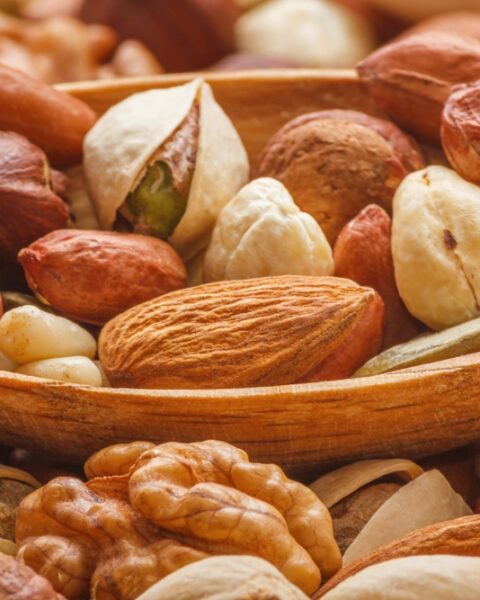If you’re struggling with back pain, you might be surprised to learn that your diet could be a contributing factor. Some common foods can cause inflammation or other issues that worsen back pain. Understanding which foods to avoid can be a crucial step toward finding relief. Here’s a list of everyday foods that might be making your back pain worse and why.
Contents
- 1 Sugary Snacks
- 2 Processed Meats
- 3 Dairy Products
- 4 Refined Grains
- 5 Fried Foods
- 6 Alcohol
- 7 Caffeine
- 8 Artificial Sweeteners
- 9 Red Meat
- 10 High-Sodium Foods
- 11 Gluten
- 12 Nightshade Vegetables
- 13 Corn Oil
- 14 Trans Fats
- 15 Sweets and Desserts
- 16 More From RetailShout
- 17 18 Timeless Cookie Recipes Everyone Should Master
- 18 19 Classic Cake Recipes That Never Go Out of Style
Sugary Snacks

Sugary snacks like candies, cookies, and pastries can lead to inflammation in the body. High sugar intake spikes your insulin levels, which can exacerbate inflammation and pain. Over time, these sugary treats can contribute to weight gain, putting additional strain on your back. Cutting back on sugar can help reduce inflammation and alleviate back pain.
Processed Meats
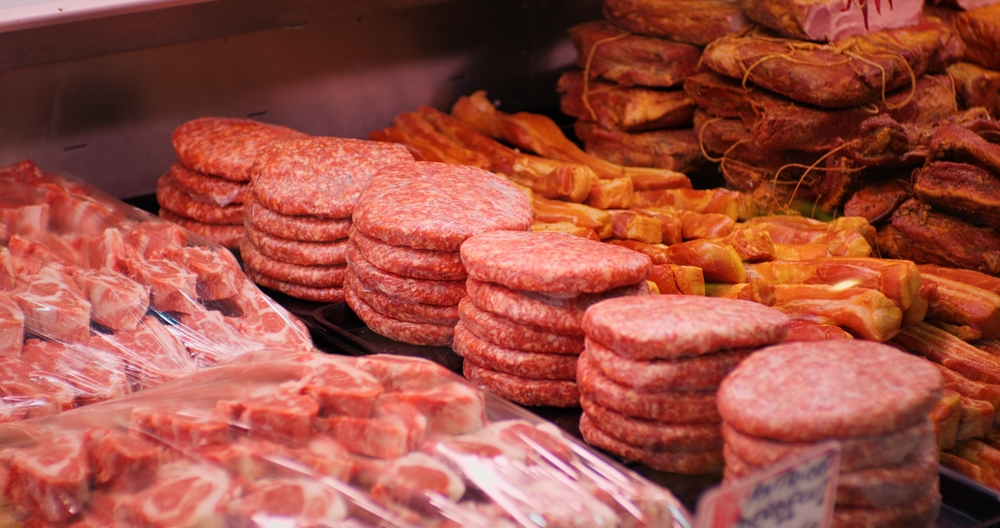
Processed meats, such as sausages, bacon, and deli meats, often contain high levels of sodium and preservatives. These ingredients can lead to increased inflammation and water retention, causing back pain. Additionally, processed meats can contribute to overall poor health, making your body more susceptible to chronic pain. Opting for fresh, lean meats can help reduce these negative effects.
Dairy Products
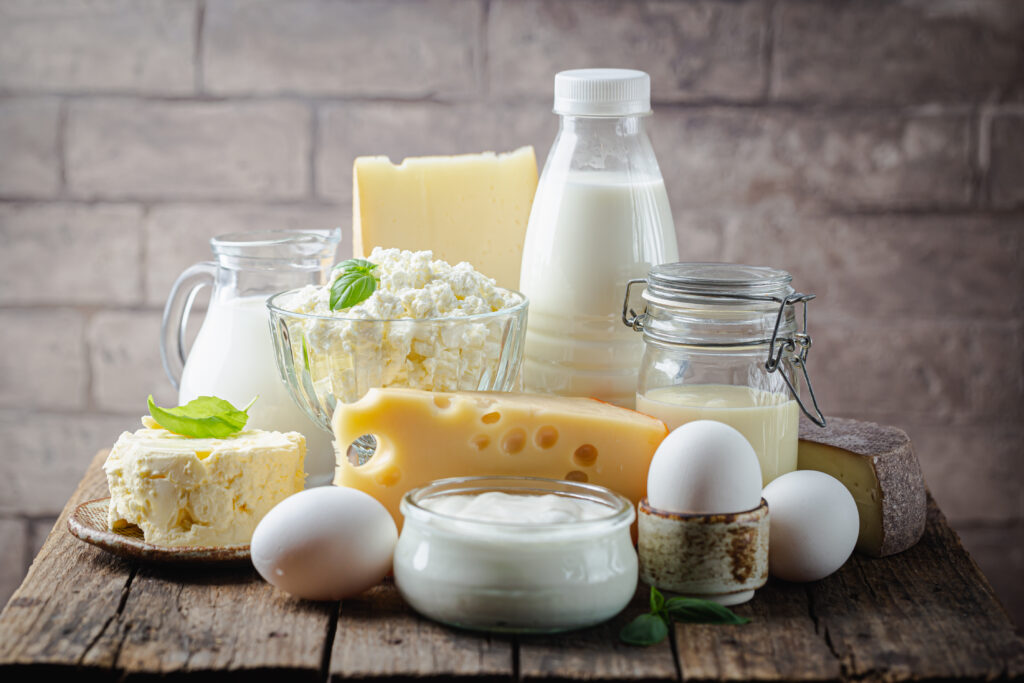
While dairy is a good source of calcium, it can also be problematic for some people. Dairy products like milk, cheese, and yogurt can cause inflammation, especially in those with lactose intolerance. This inflammation can aggravate existing back pain, making it more challenging to manage. Consider switching to lactose-free or plant-based dairy alternatives if you suspect dairy might be a culprit.
Refined Grains
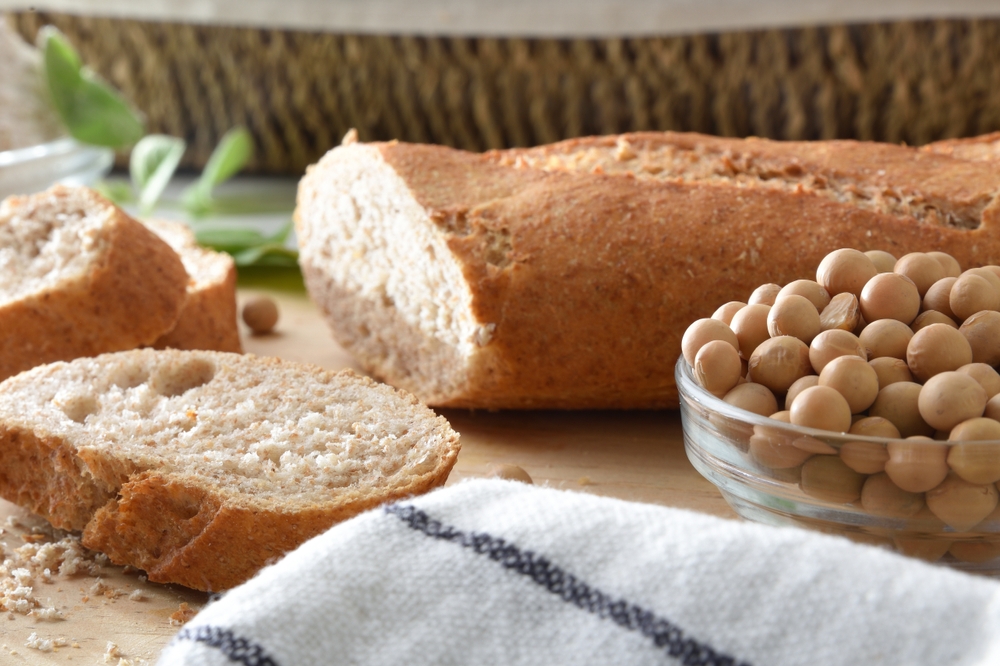
Refined grains, such as white bread, white rice, and pasta, lack the nutrients and fiber found in whole grains. These refined carbohydrates can cause blood sugar spikes and increase inflammation in the body. Consuming too many refined grains can also lead to weight gain, further stressing your back. Choosing whole grains like brown rice and whole wheat bread can be a healthier option.
Fried Foods
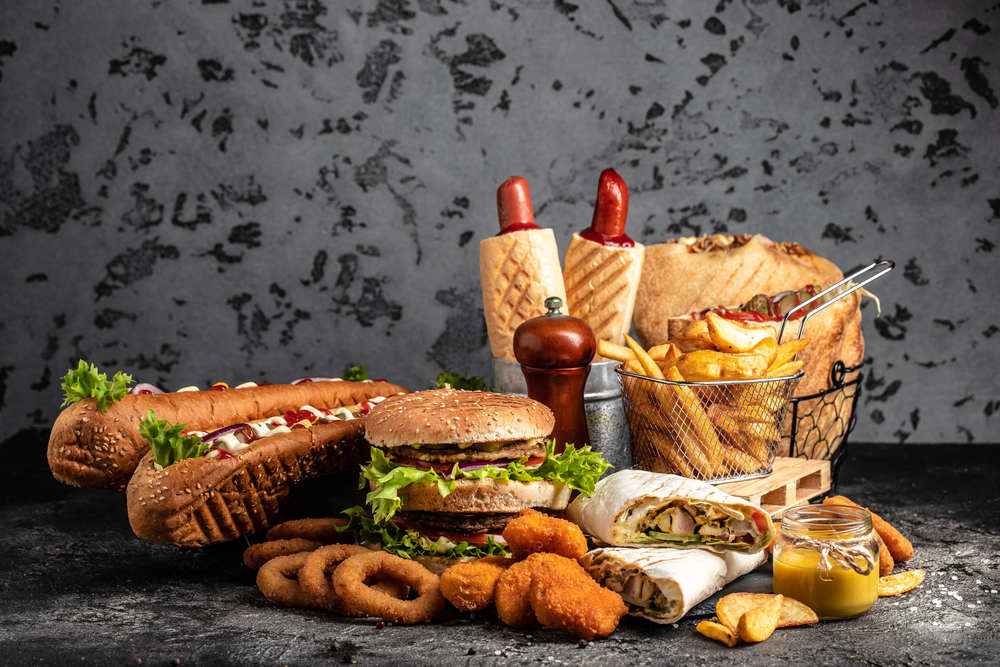
Fried foods like french fries, fried chicken, and doughnuts are high in unhealthy fats and oils. These fats can increase inflammation and contribute to pain in the back and other areas of the body. Additionally, fried foods are often high in calories, leading to weight gain and additional strain on your back. Opting for baked or grilled alternatives can help reduce these negative effects.
Alcohol

Alcohol can lead to dehydration and inflammation, both of which can aggravate back pain. Drinking alcohol can also interfere with your sleep, making it harder for your body to recover and heal. Chronic alcohol consumption can lead to long-term health issues, including back pain. Limiting your alcohol intake can help reduce inflammation and improve your overall well-being.
Caffeine

While a cup of coffee can be a great pick-me-up, excessive caffeine intake can lead to dehydration. Dehydration can cause your muscles to become stiff and sore, worsening back pain. Additionally, caffeine can interfere with your sleep patterns, preventing proper rest and recovery. Moderating your caffeine consumption can help alleviate these issues.
Artificial Sweeteners
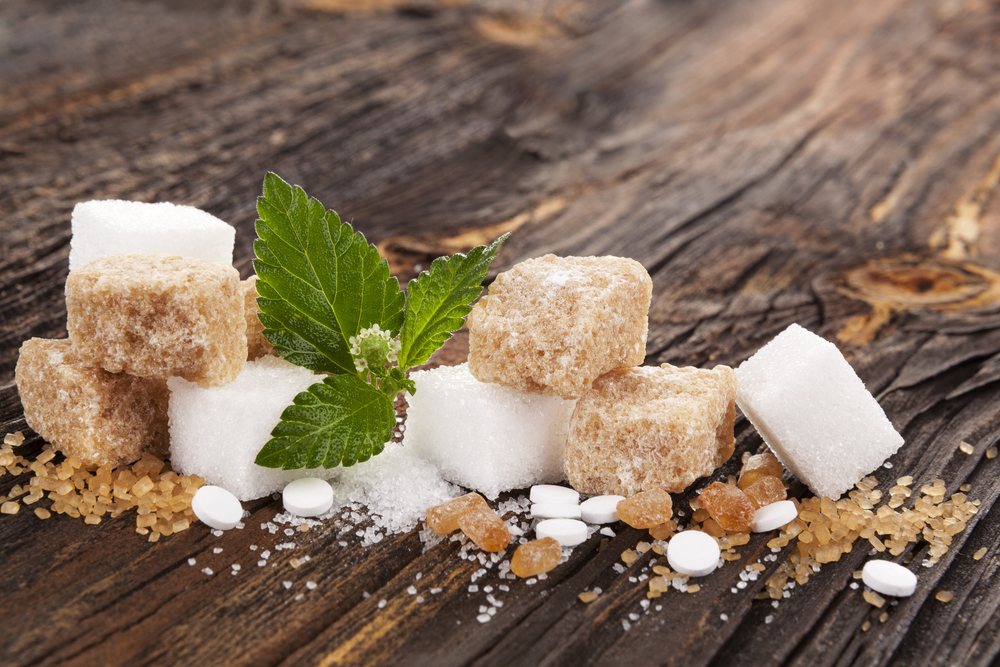
Artificial sweeteners, found in diet sodas and sugar-free snacks, can cause inflammation in some people. These sweeteners can disrupt the balance of good bacteria in your gut, leading to increased inflammation and pain. Over time, this can contribute to chronic back pain. Choosing natural sweeteners like honey or maple syrup can be a healthier option.
Red Meat
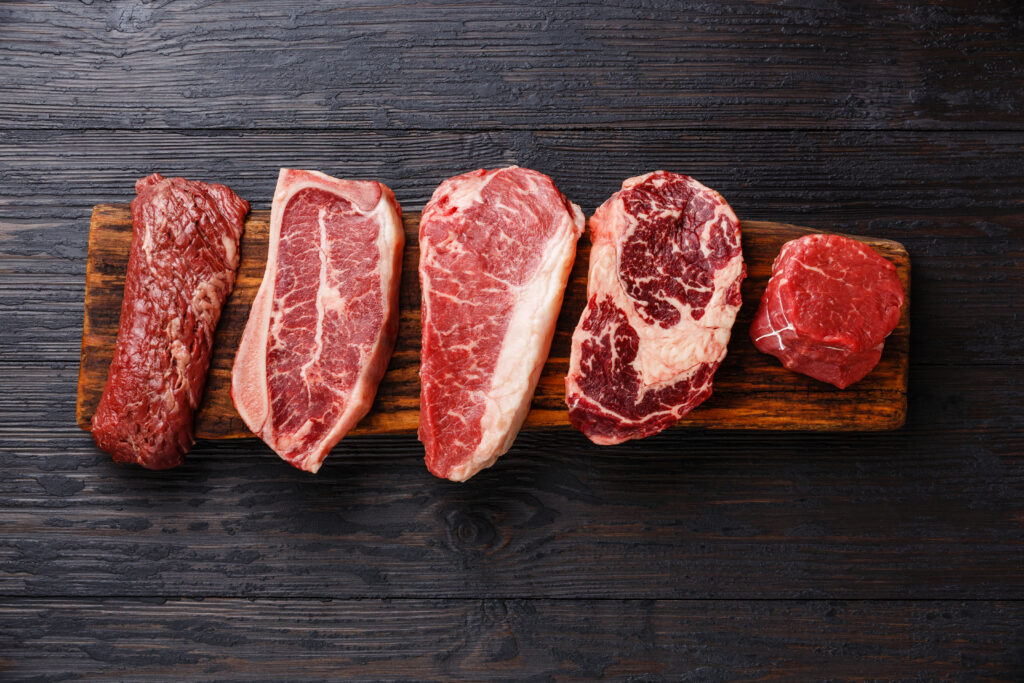
Red meat, particularly fatty cuts, can lead to increased inflammation in the body. The high levels of saturated fats in red meat can contribute to pain and discomfort, including back pain. Additionally, consuming too much red meat can lead to other health issues, such as heart disease. Opting for leaner proteins like chicken or fish can help reduce inflammation.
High-Sodium Foods
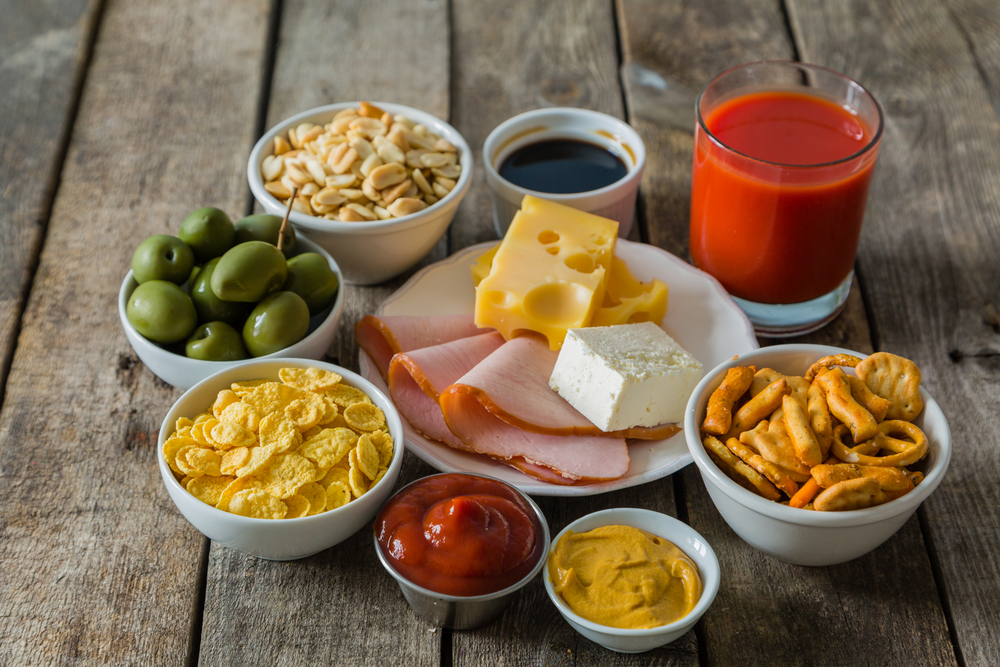
Foods high in sodium, such as canned soups, salty snacks, and fast food, can cause water retention and inflammation. This can lead to increased pressure on your back, exacerbating pain. Reducing your sodium intake can help decrease water retention and inflammation, providing some relief from back pain. Reading labels and choosing low-sodium options can make a big difference.
Gluten
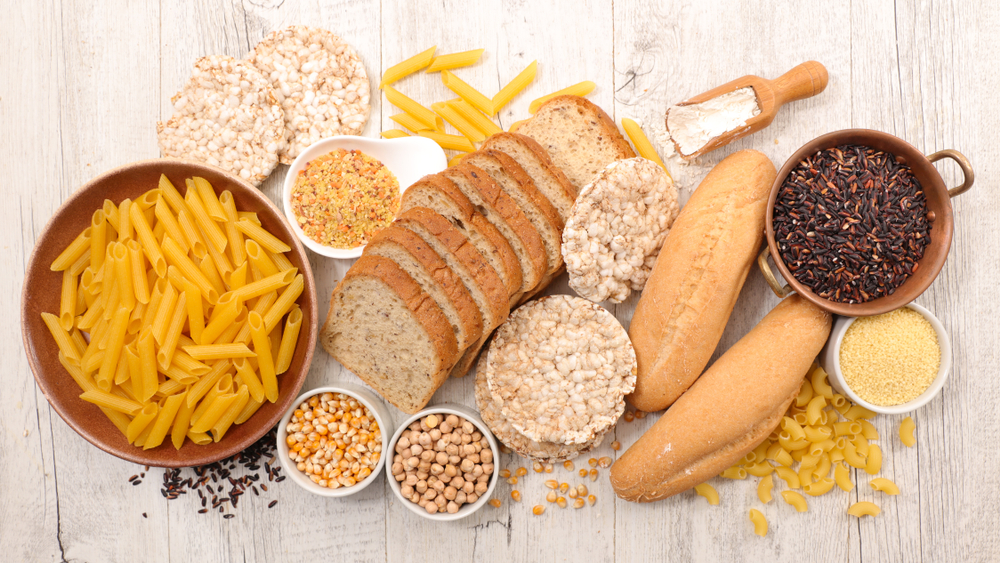
For those with gluten sensitivity or celiac disease, consuming gluten can lead to inflammation and pain. Gluten is found in wheat, barley, and rye, and can be present in many processed foods. Inflammation caused by gluten can worsen back pain and other symptoms. Switching to gluten-free alternatives can help manage inflammation and reduce pain.
Nightshade Vegetables
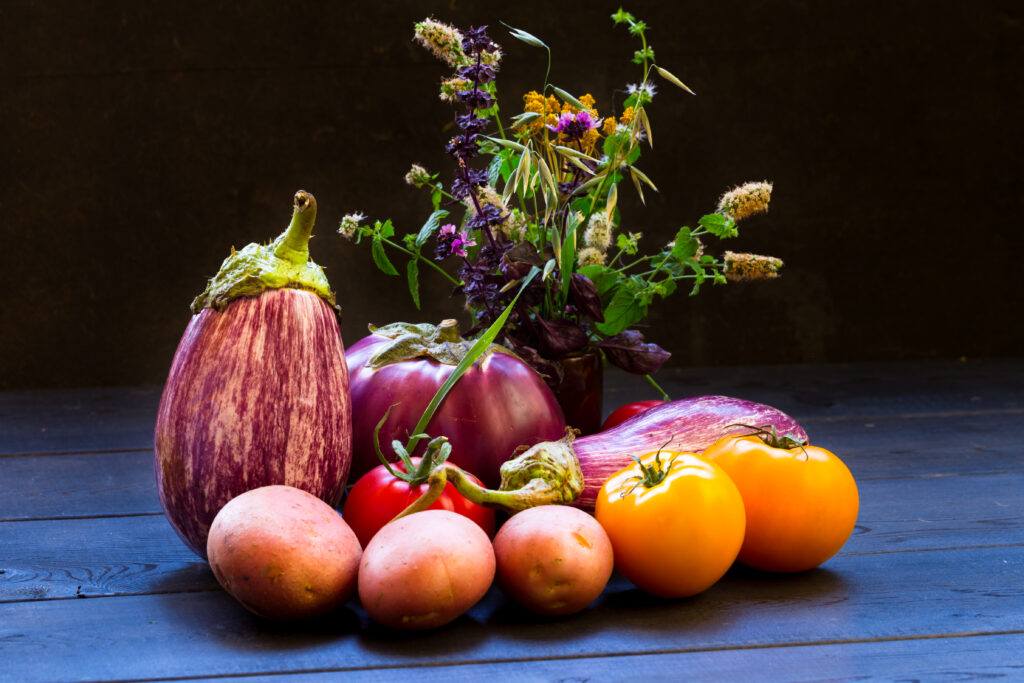
Nightshade vegetables, such as tomatoes, potatoes, eggplants, and peppers, can cause inflammation in some people. These vegetables contain alkaloids, which can trigger pain and discomfort in those sensitive to them. If you suspect nightshades might be contributing to your back pain, try eliminating them from your diet to see if symptoms improve.
Corn Oil

Corn oil and other vegetable oils high in omega-6 fatty acids can contribute to inflammation. While some omega-6 is necessary for health, an excess can disrupt the balance with omega-3s, leading to increased pain and inflammation. Using healthier oils, such as olive oil or coconut oil, can help maintain a better balance and reduce back pain.
Trans Fats
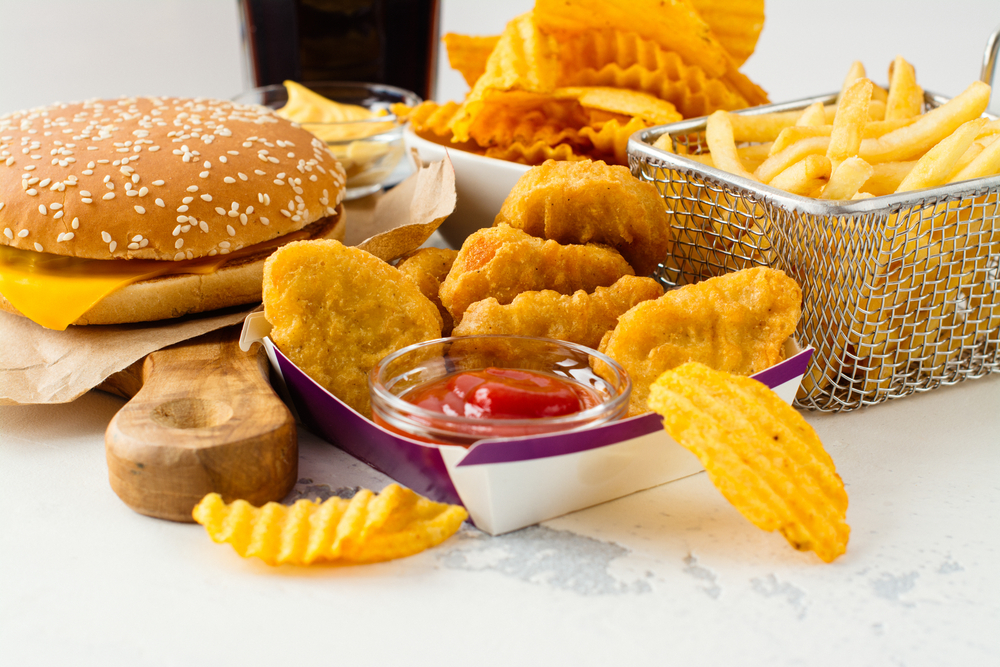
Trans fats, found in many processed and packaged foods, can lead to significant inflammation in the body. These unhealthy fats can increase pain and discomfort, particularly in the back. Avoiding foods with trans fats, such as margarine, packaged snacks, and fast food, can help reduce inflammation and improve your overall health.
Sweets and Desserts

Indulging in sweets and desserts can lead to inflammation and weight gain, both of which can exacerbate back pain. High sugar content in these treats can spike insulin levels, causing inflammation throughout the body. Reducing your intake of sweets and opting for healthier dessert options can help manage back pain more effectively.
This article originally appeared on RetailShout.
More From RetailShout
20 Retro Bread Recipes Perfect for Any Occasion

They say the best thing since sliced bread is sliced bread, but why stop there? Retro bread recipes are making a delicious comeback, and they bring a sense of nostalgia and warmth that’s hard to beat. These retro bread recipes offer a delicious variety, whether you’re looking for something simple or a more indulgent treat. Read More.
18 Timeless Cookie Recipes Everyone Should Master

Cookies are the perfect treat for any occasion, and mastering a few timeless recipes will elevate your baking game. Whether you’re hosting a party, gifting homemade goodies, or simply indulging at home, these classic cookie recipes are must-haves. Read More.
19 Classic Cake Recipes That Never Go Out of Style

When it comes to dessert, nothing compares to the comfort and tradition of classic cakes. These recipes have stood the test of time, offering flavors and textures that bring a sense of nostalgia to any occasion. Read More.

